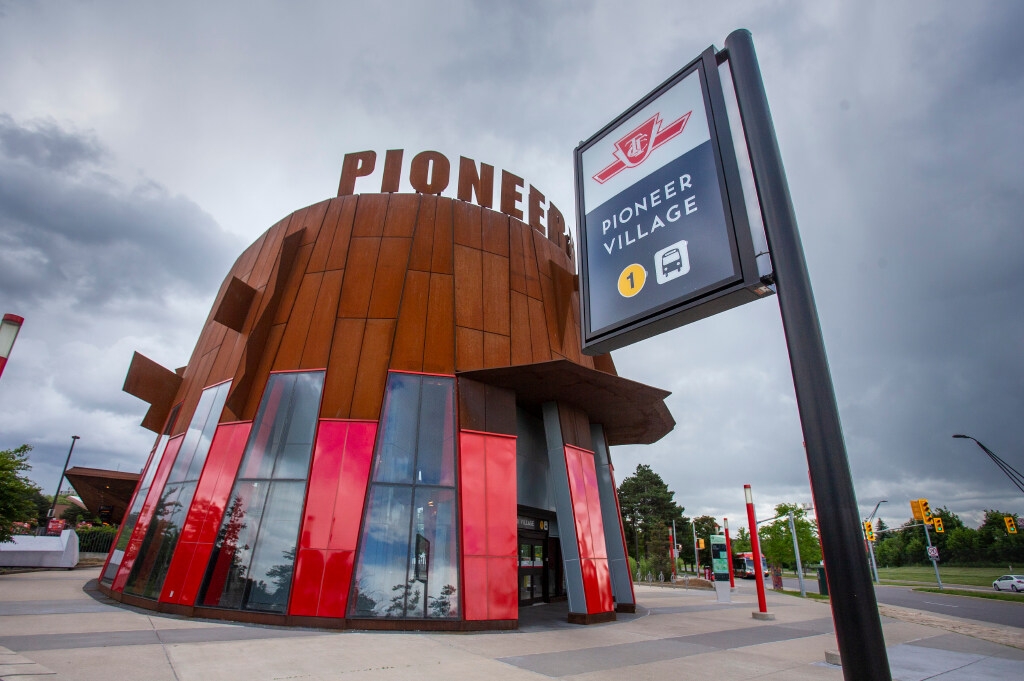For over a year, a quiet debate has unfolded within the Toronto Transit Commission, extending beyond the highly publicized renaming of Dundas station. Internal discussions, revealed through access to information, suggest another station – Pioneer Village – was also considered for a rebranding, a shift linked to a broader reckoning with historical figures and their legacies.
The catalyst for this potential change stems from the evolution of the attraction the station serves. Black Creek Pioneer Village, a living history museum, has officially become The Village at Black Creek. This wasn’t merely a cosmetic update; the term “pioneer” itself was deemed a barrier to genuine reconciliation and meaningful engagement with Indigenous communities.
Initially, transit officials maintained there were no active plans to alter the station’s name. However, a trail of emails paints a more nuanced picture. Discussions about potential costs – initially estimated at $25,000 for signage alone – surfaced alongside conversations about the much larger expense of renaming Dundas West, projected to reach $400,000.

The emails reveal a proactive attempt to anticipate future changes. A TTC wayfinding manager alerted a customer experience executive, noting a city official requested early involvement in budgeting for potential station rebrandings, including Pioneer Village and even the yet-to-open Science Centre station (later renamed Don Valley).
Throughout October, senior TTC figures exchanged emails specifically referencing the possibility of renaming both Dundas West and Pioneer Village. One communication explicitly highlighted the “pending name change” at Black Creek Pioneer Village, suggesting a third station rebranding could be on the horizon.
Despite these internal deliberations, a TTC spokesperson recently affirmed that no station renaming initiatives are currently underway. This statement arrived alongside the unveiling of a new renaming policy, developed with a “racial equity lens,” prioritizing stations linked to the transatlantic slave trade and colonization.
This policy emphasizes thorough community engagement with Indigenous and Black communities throughout any renaming process. It also acknowledges the significant timeframe – six to ten months – required for such a project, advocating for coordination with broader system-wide wayfinding updates to minimize disruption and cost.
The debate isn’t simply about names; it’s about confronting a complex past. While some, like one city councillor, have voiced concerns about the potential for division and hurt feelings, others argue for a decisive break from figures whose actions perpetuated injustice and suffering. The conversation continues, shaping the future identity of Toronto’s transit system and its relationship with the city’s history.





